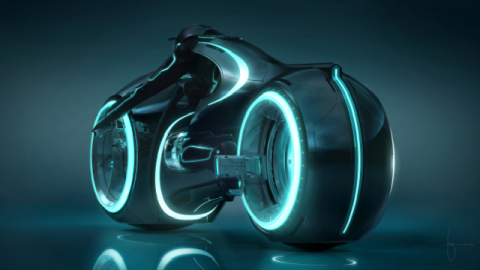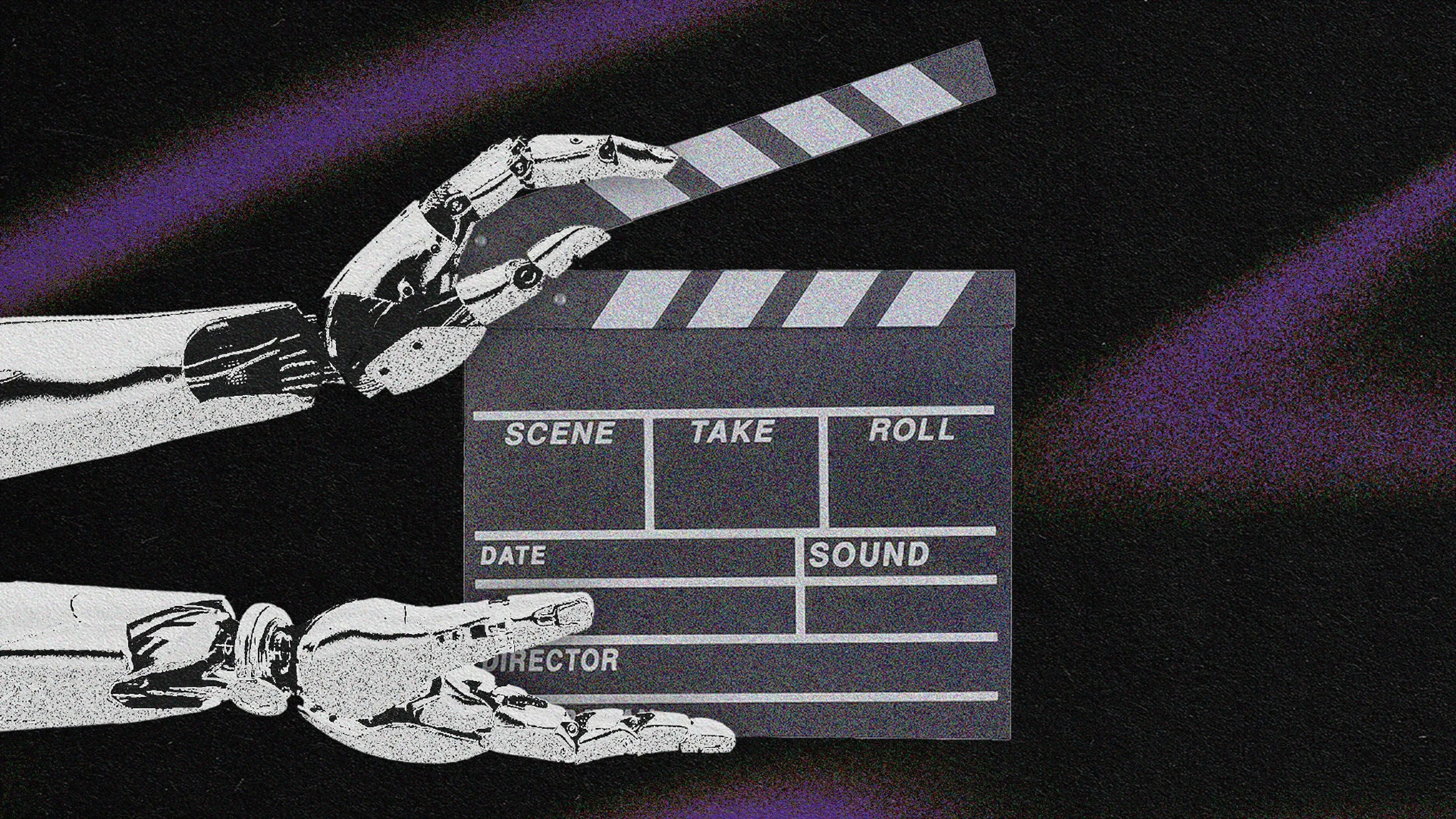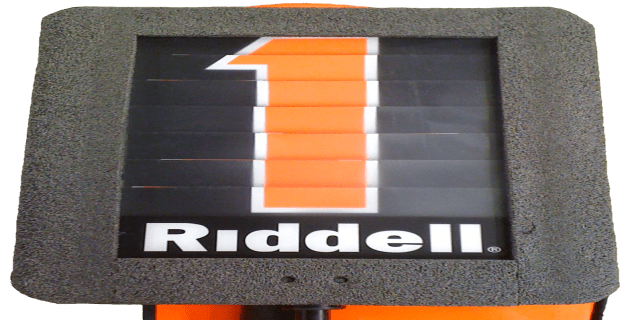Do We Need Actors? CGI and the Future of Hollywood

“Wow, how did they do that?” We were watching Tron: The Legacyin 3-D, and our friend was marveling at how 61 year-old Jeff Bridges appeared as young as a man in his early 30s (Bridges has a double role in the movie, one as the hero’s elderly father Flynn, and the other as his ever youthful evil alter ego Clu). “The makeup they can do these days is amazing,” we all gushed. Halfway through the movie, one of us had an ah-ha moment, “Clu, the younger version of Bridges, is not real; he’s animated!” The others were not convinced, which means that many of the viewers watching Tron would probably go home never realizing that they were watching an computer generated actor.
Computer generated faces and bodies are not new. Half the cast in Avatar was computer generated, as was the older version of Brad Pitt in The Curios Case of Benjamin Button, and the younger version of Patrick Stewart in X Men. But what is particularly remarkable about Tron is that the animated character is so convincing that we can’t tell that he’s computer generated.
How did Disney do it? The youthful Bridges was created by grafting computer-generated imagery onto a younger actor’s body. Here’s the step by step process outlined by Newser:
To make Clu, filmmakers made a silicon mold of Bridges’ face and painted it like real flesh. They took multiple photos, put them into a computer and gave him a “digital face lift” that took out wrinkles, tightened the skin and shrunk down his nose and ears. He then performed a series of facial movements, such as raising his outer left eyebrow or lifting his cheek. Those were recorded by camera and computerized in 3-D.
Finally, when Bridges acted in scenes as Clu, he wore a helmet with four tiny cameras pointed at his face. Dozens of dots on his face acted as reference points for the computer.
“Sometimes I could be in my street clothes and just have this weird helmet on,” Bridges said.
The captured expressions are replicated on his younger-looking self. Actor John Reardon mimicked Bridges in later takes and had his face swapped out later.
To see some of it in video, check out this behind-the-scenes video (see clip 4:54 – 5:23)
Today you need real actors to help create the animated version, but as our repository of actors’ expressions and movements increases, it is likely that we will be able to construct characters purely out of our stored database.
Bridges was very pleased: “It’s very gratifying to know that I can play a character at any age.” See the actors discuss Clu below.
Some of Tron’s reviews have criticized it for being gimmicky. But we have to admit: we dig high-tech gimmicks like these. And we have to wonder: how long before we completely replace actors with computer generated characters?
Ayesha and Parag Khanna explore human-technology co-evolution and its implications for society, business and politics at The Hybrid Reality Institute.





